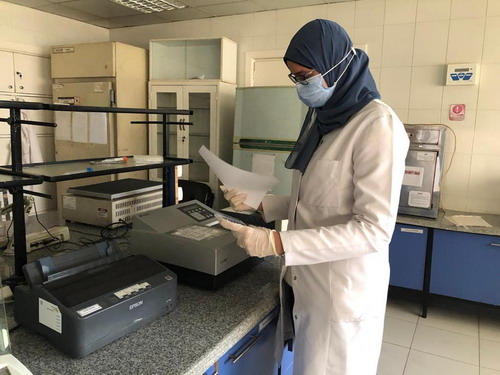Introduction
 Researchers have discovered a group of genes in this snail, Biomphalaria glabrata, that conveys resistance to the parasite that causes schistosomiasis. Photo courtesy of Oregon State University. Resisting schistosomiasis from Flickr. Licensed under CC BY-NC-SA 2.0.
Researchers have discovered a group of genes in this snail, Biomphalaria glabrata, that conveys resistance to the parasite that causes schistosomiasis. Photo courtesy of Oregon State University. Resisting schistosomiasis from Flickr. Licensed under CC BY-NC-SA 2.0.
Schistosomiasis is a parasitic disease characterized as either intestinal or urogenital, depending on where the adult flukes are located. Four species can cause intestinal schistosomiasis: S. intercalatum, S. japonicum, S. mansoni and S. mekongi while S. haematobium causes urogenital schistosomiasis.
Symptoms of schistosomiasis directly reflect the body’s reaction to the worm’s eggs. Intestinal schistosomiasis can present with abdominal pain, bloody stool, diarrhoea and in advanced cases enlargement of the liver and spleen. Urogenital schistosomiasis presents with blood in urine and fibrosis of the bladder, ureter and kidney damage in advanced cases.
Schistosomiasis remains a public health problem in several parts of the world, particularly in Africa where 92% of all the people requiring preventive chemotherapy for schistosomiasis live.
In the Eastern Mediterranean Region, Egypt, Somalia, Sudan and Yemen remain the most endemic countries. In 2018, about 20 million people required preventative chemotherapy against schistosomiasis.
The disease is considered eliminated in Islamic Republic of Iran, Lebanon, Morocco and Tunisia. Low endemicity has been achieved in Egypt, Iraq, Jordan, Libya, Oman, Saudi Arabia and Syrian Arab Republic. WHO is targeting elimination as a public health problem defined as 1% proportion of heavy infections by 2030.



